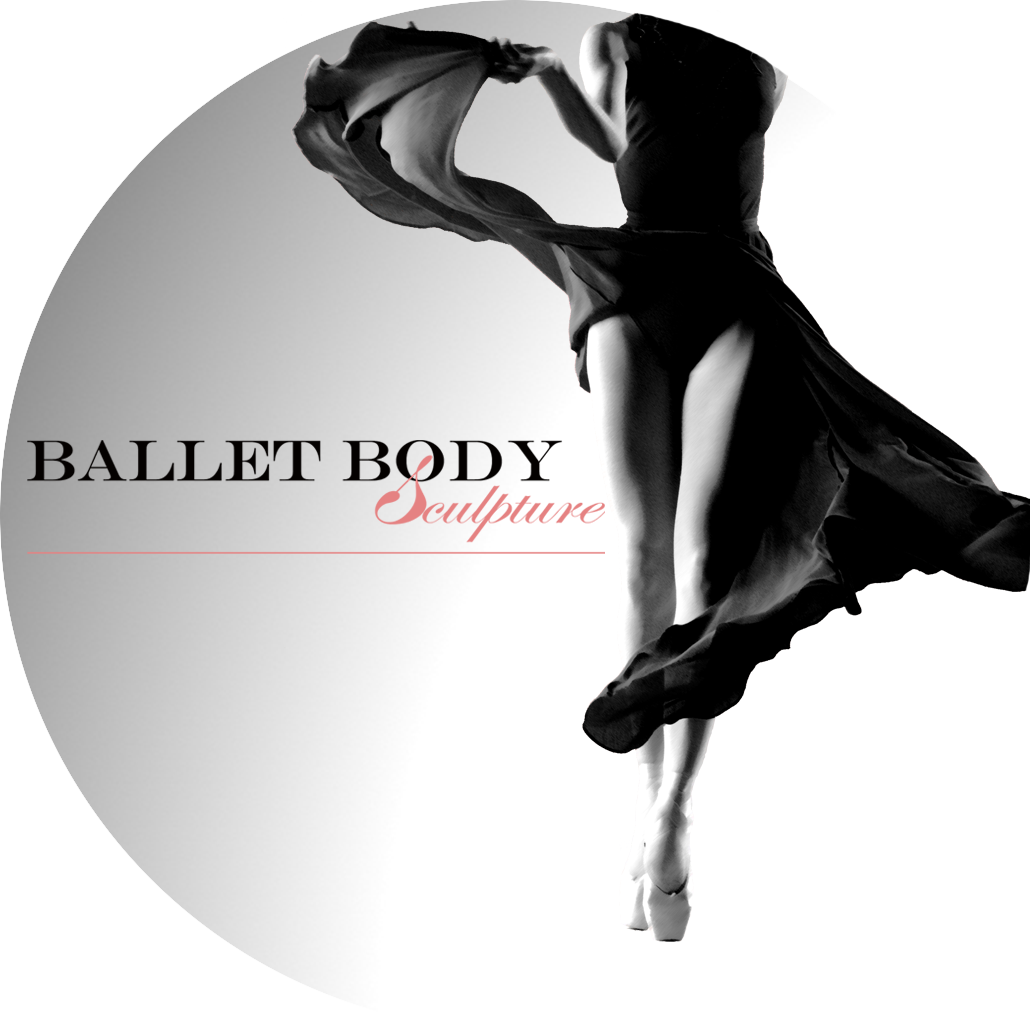How physical exercise improves your brain work
Research shows different activities have quite specific mental effects – here’s how moving your body could sharpen your ideas.
The brain is often described as being “like a muscle”. It’s a comparison that props up the brain training industry and keeps school children hunched over desks. We judge literacy and numeracy exercises as more beneficial for your brain than running, playing and learning on the move.
But the brain-as-muscle analogy doesn’t quite work. To build up your biceps you can’t avoid flexing them. When it comes to your brain, an oblique approach can be surprisingly effective. In particular, working your body’s muscles can actually benefit your grey matter.
Scientists are showing that the runner’s high and the yogi’s tranquility have profound effects on your brain. Moreover, specific physical activities can markedly alter its structure in precise ways.
A wave of studies exploring the unexpected links between mental and bodily fitness is emerging from labs. This research might give you the impetus to get more active. It can also help you choose the best ways to prepare physically for mental challenges such as exams, interviews and creative projects.
Boost your memory
The part of the brain that responds strongly to aerobic exercise is the hippocampus. Well-controlled experiments in children, adults and the elderly show that this brain structure grows as people get fitter. Since the hippocampus is at the core of the brain’s learning and memory systems, this finding partly explains the memory-boosting effects of improved cardiovascular fitness. As well as slowly improving your memory hardware, exercise can have a more immediate impact on memory formation.
Improve your mental health
Love it or hate it, bouts of physical activity can have potent effects on your mood. The runner’s high – that feeling of elation that follows intense exercise – is real. Even mice get it. It may not be due to an “endorphin rush”, though. Levels of the body’s homemade opiate do rise in the bloodstream, but it’s not clear how much endorphin actually gets into the brain. Instead, recent evidence points to a pleasurable and pain-killing firing of the endocannabinoid system: the psychoactive receptor of cannabis.
Exercise is also emerging as a promising way to overcome depression. A 2013 meta-analysis cautiously reported that exercise – both aerobic and resistance – was “moderately effective” in treating depressive symptoms. Strikingly, exercise seemed as effective as antidepressant drugs and psychological treatments. The study’s authors identified it as an area crying out for more rigorous investigation.
Slowing cognitive decline
The evidence that staying physically fit keeps your brain healthy into old age is especially compelling. Most concrete is the link between aerobic fitness and cognitive preservation. It pays to get used to regular exercise early, though. The protective effects are clearest before the cognitive signs of old age kick in.
Nor is it all about your heart and lungs. Exercises to improve balance, coordination and agility made a clear impact on the brain structure and cognitive function of a large group of German elderly people. Twice weekly sessions of weightlifting can have a visible neurological impact. Dancing may also be restorative for ageing brains. Just an hour of dance a week, for six months, did little for elderly participants’ aerobic capacity, but the physical and social stimulation bolstered their cognitive wellbeing.
Researchers are still teasing out the critical factors that make exercise such a potent brain tonic. Prime suspects include increased blood flow to the brain, surges of growth hormones and expansion of the brain’s network of blood vessels. It’s also possible that exercise stimulates the birth of new neurons. Until recently, few believed this could happen in adult human brains.
Don’t sit still
The cognitive spillover from exercise reminds us that our brains don’t operate in isolation. What you do with your body impinges on your mental faculties. Sitting still all day, every day, is dangerous. So find something you enjoy, then get up and do it!
Looking forward to seeing you at our classes!
Source: www.theguardian.com

